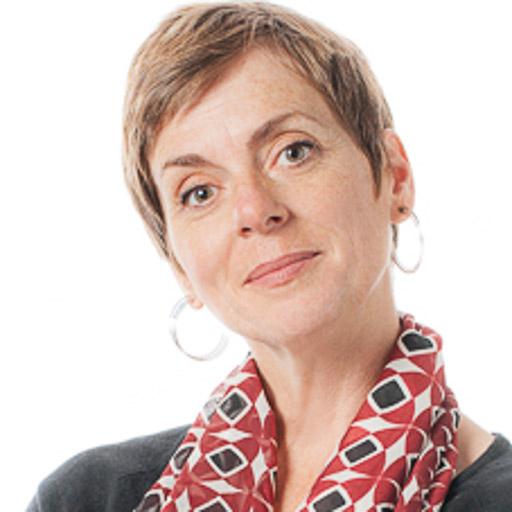
Laura Dunbar
- Assistant Professor (Limited Term Appointment), English
Are you the profile owner?
Sign in to editResearch areas: Composition and Rhetoric / Military service narratives / Professional Writing and Service Learning / Histories of Composition Pedagogy in Canada and the U.S.
Contact information
Biography
Education
PhD, University of Toronto
MA, Carleton University
BA (Honours), Trent University
Teaching
Philosophy
It is always surprising to me that in a time in which online communication is the catalyst for the unfolding of innumerable voices into virtual subjectivities, so many post-secondary students come to writing with intense, even crippling anxiety. I believe that our current moment bears an uncanny resemblance to the coffee-house culture of the seventeenth century, when the ferment of ideas in communal gathering places catalyzed new and sometimes unsettling exchanges.Thanks to an explosion of new writing technologies, I see a renaissance of the essay form occurring in our time, and it is my goal to make the benefits and possibilities of that form accessible to my students. I aim to help students map the connections between their writing assignments and social interconnectedness, and I support their discovery of the essential relationship between clear thinking and responsible global engagement. Most of all, I want to “de-brick” the wall students sometimes imagine exists between the writing act and self-expression, to help them discover that the power of the first is an intrinsic part of the beauty of the second.
Practices
We know from research that writing is thinking!
To help students become active, careful thinkers, I build many opportunities for low-risk writing into my classes. These safe response moments bolster confidence and skills, allowing me to work with students to come up with individualized learning plans for significant assignments.
My grading strategies are realistic and accessible and are informed by current scholarship about best practices in assignment design and evaluation. For example, I use 'stretch' principles to encourage students in the drafting stages; at various critical junctures students workshop their writing and get practice giving and receiving formal feedback, thus learning to internalize the principles of effective revision. I am attentive to the fact that plagiarism is, for many students, a term loaded with threatening consequences but whose actual avoidance remains fraught with misunderstanding and unclarity, and so I regularly review citation practice and principles. To encourage students to become responsible participants in their learning process, I frequently use contracts, a technique that also allows students to tailor their assignments to their writing goals
My past teaching experience has included courses in business, technical, and academic writing. I revised and designed standardized exams in academic programs in the GTA. I have extensive experience in placement test evaluation and teaching writing to multi-language learners and new Canadians. Currently, I teach courses in the fundamentals of grammar, business writing, writing for diverse audiences, and advanced composition. I also design and teach courses with Concordia's GradProSkills program.
I am especially committed to non-traditional students, and I work hard to ensure that my composition and professional writing classrooms are places where clear thinking, diversity, and tolerance are prized.
Research activities
Current Projects
I am currently writing a guidebook for Broadview Press that will help undergraduate writers master and apply key rhetorical skills in their academic writing.
I am in discussions with an educational software provider to develop composition program content.
My doctoral work in the literary and cultural life of American WWII soldiers is linked to some of my future research goals in Composition and Rhetoric.
Of considerable interest to me are the ways that female military personnel represent themselves on social media. I see this project’s final form taking shape in the model of a multi-media writing ecology presentation.
I am also planning a project that will connect professional writing students with service learning opportunities in the community.


